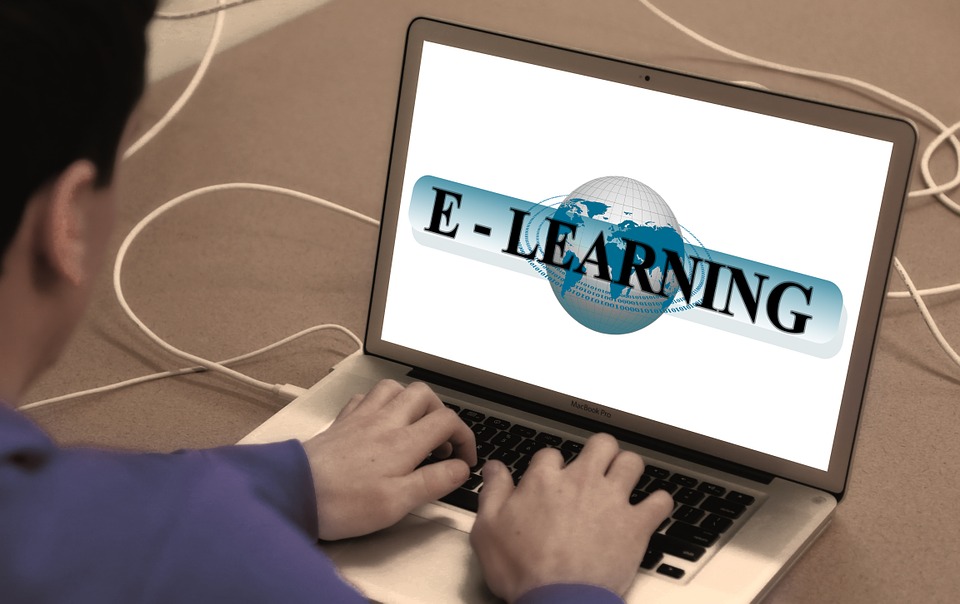Technology will change everything in our lives, from how we work, to how we live, and especially, how we learn. Here are some ways that technology is already changing how we learn, and how it will revolutionise learning in the future:
By 2020, we can expect cloud-based education to be the rule. This will allow student metrics to be aggregated, with visual assessment results and more efficient data sharing. In some areas, we can expect to see both peer-to-peer and school-to-school sharing and collaboration, and we may even see schools functioning as think tanks in an effort to tackle some of the biggest problems facing our planet.
Digital learning is already happening, both within schools and with e-learning in companies around the world, such as managed learning services from GP strategies.
Flexible assignments will allow for the accommodation of multiple learning styles, which will allow teachers to give students a variety of assignments, while students will have the autonomy to decide how they will show that they’ve learned the requested skills or knowledge.
Many people are already moving away from traditional education, as we’ve seen how the millennial generation has been impacted by huge student loans and then a shortage of jobs once they’re in the workforce. While it used to be that you had to get into college and get a degree to work in a career that you love, these degrees simply aren’t as valuable or as necessary as they used to be.
In the future, we can expect students to feel less inclined to spend years in college considering that 13 year olds can easily sign up at Khan Academy, completing a range of courses in a variety of discipline for free. Students around the world are also signing up for free classes which have been designed and taught by some of the most well-respected professors at a number of prestigious universities, and all are available online.
While this doesn’t mean that high school and college will be completely irrelevant, it does mean that for students who don’t want to go to college, they will still have a variety of learning options open to them- including e-learning courses and on the job learning through managed learning services so they will continually be learning throughout their career.
The biggest changes to we can expect from technology and learning, is that learning will be more student-centric, with educators realising that they’ll need to rethink and redesign the current model of education so that students both young and old can get the best results possible.
This obviously means adopting new technologies like e-learning, artificial intelligence and virtual reality, but it also means leaving behind archaic attitudes about what educational success means, and embracing different, unique ways of learning.












Comments are closed.